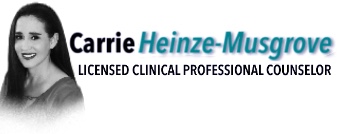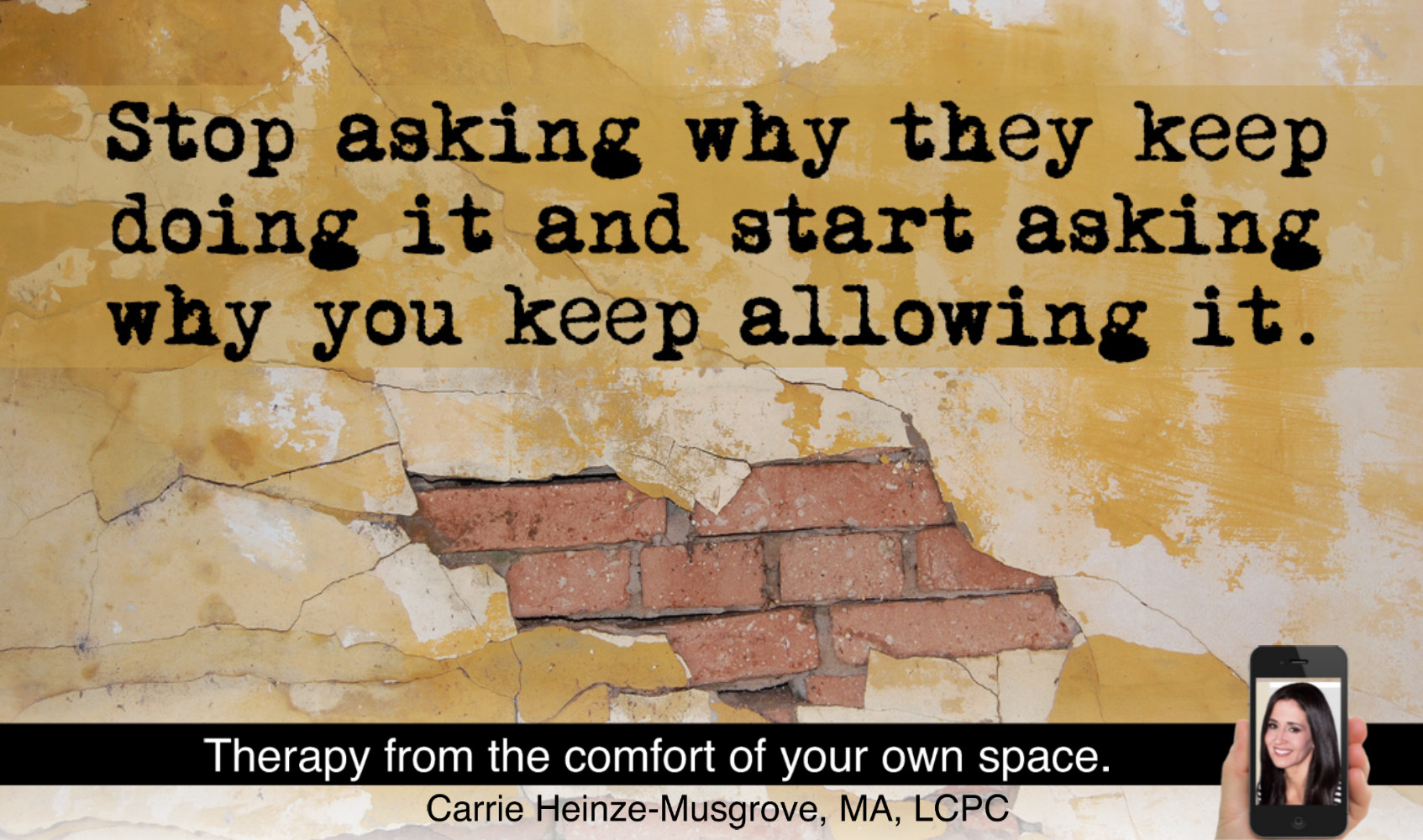Do you bend over backwards for people and still get treated poorly? Do you have family that isn’t really there for you when you need them? Do you have friends in your life that don’t make you a priority? Do you have boss that speaks to you like you’re stupid? Kids that take advantage of you? Does your partner degrade, embarrass, insult or disrespect you? Do you say “yes” when you really want to say “no”?
I know you’ll hate to hear this, but I have to be honest with you. You’ve taught them it’s okay to do this. So a better question is; why are you allowing it?
We’ve learned this from a very early age…if dad says “no,” go ask mom. Dad=No. Mom=Yes, eventually, if I beg. You get the idea.
We set the rules and guidelines for others by what we allow. We show others by way of action or inaction what is acceptable and unacceptable.
So if I ignore my bosses’ condescending ways hoping it will get better, it won’t. If I do more for my family, wishing that someday they’ll come around when I need them, they won’t. If I wait for my partner to suddenly come to and treat me respectfully, it won’t happen. If I tell my adult child I’m not giving him anymore more money and I do, I can assure you, he’s going to be asking for more.
Discouraging to say the least, right? So what do you do?
Let’s face it… if it were easy to stand up for ourselves, everyone would.
Recovery involves choosing to make yourself matter. It’s learning how to better communicate your needs and learning how to make good decisions for you. Knowing what you want and need and your ability to verbalize it becomes very important. You’ll need to figure out what’s acceptable and unacceptable to you and be clear with your personal boundaries.
Communicating these needs without fear of being judged, fear of hurting someone’s feelings or fear of someone leaving your life is crucial in knowing what you deserve.
Carrie






